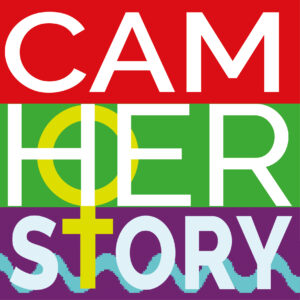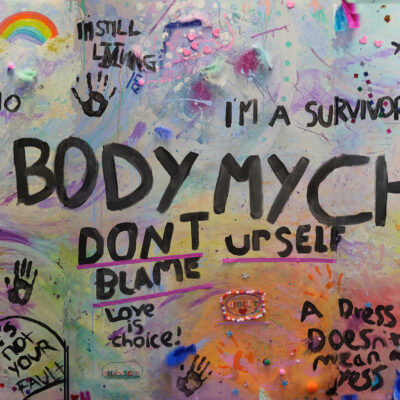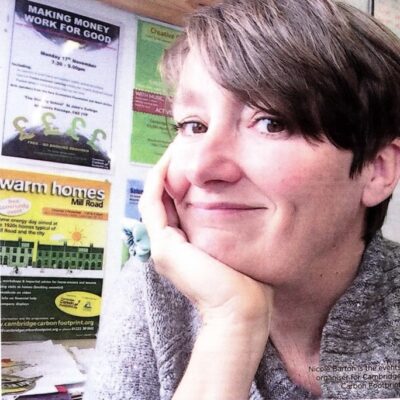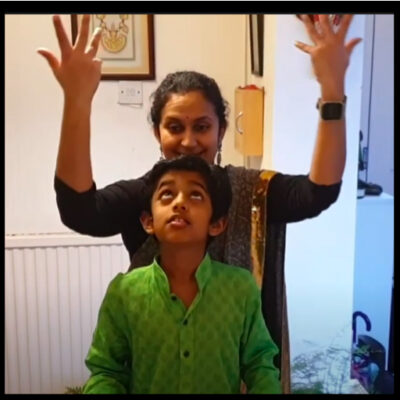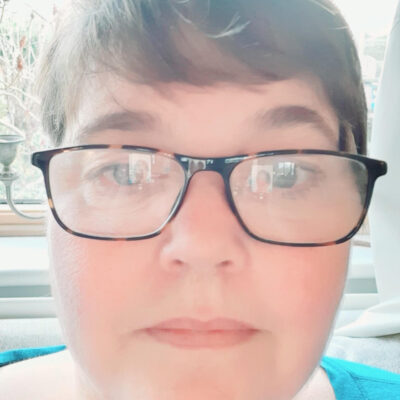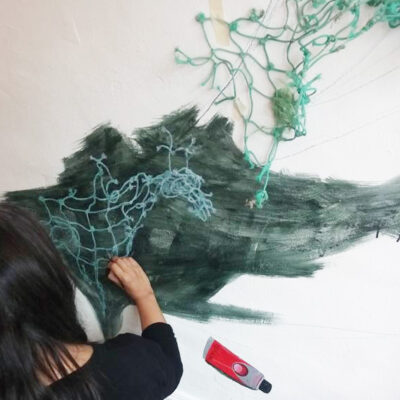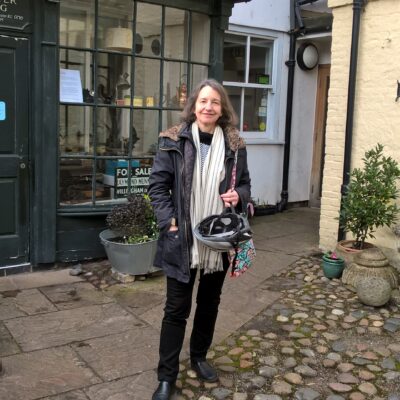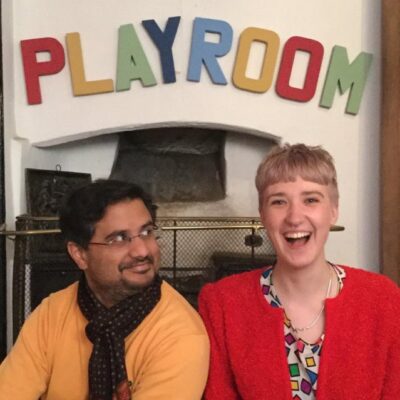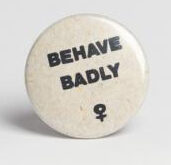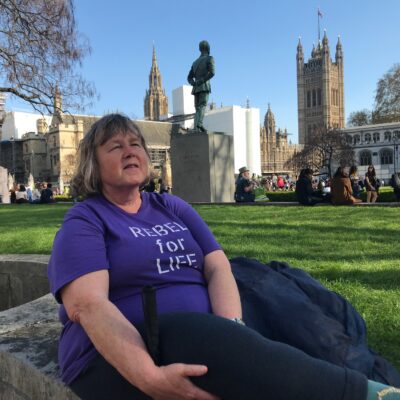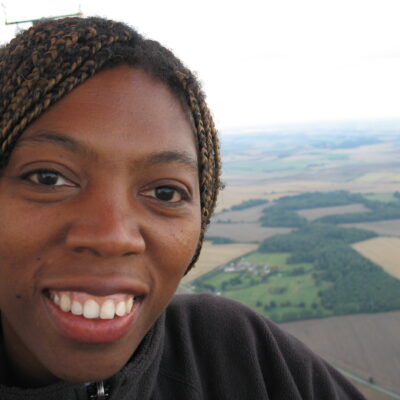Search by topic
- archaeology
- architecture
- bricklayer
- Building of Local Interest
- carpenter
- church
- crime
- dressmaker
- fire
- Great Eastern Railway
- listed building
- medieval
- oral history
- Public House
- Rattee & Kett
- Religious House
- Roman
- scholar
- school
- Then and Now
- tudor
- women
- work
- world war one
- world war two
Search by text

Folklorist Enid Porter: a pioneer of oral history
Curator of the Cambridge & County Folk Museum (1947-1976)
Enid Porter was the curator of the Cambridge & County Folk Museum (now The Museum of Cambridge) from 1947 to 1976, and a leading authority on Cambridgeshire culture, history, customs, stories and beliefs, and a pioneer of oral history. She said of the museum: ‘It is the intimacy of it that I like, relating the objects to the role they played in people’s lives and the customs they have played a part in’.
Enid was influential within the museums movement of the 1960s which aimed to widen museum attendance and to discourage elitist tendencies in the sector. She gave talks about local history to all sorts of groups and published articles in Cambridgeshire, Huntingdon & Peterborough Life magazine. Porter never missed an opportunity, and even took note of conversations she held when she was in hospital for her own health, sharing stories and anecdotes with other patients nearby. These methods of collection are a consequence of the key philosophy that she thanks her predecessor Thomas Bagshawe for; the importance of going out to collect information rather than sitting and waiting for it to be brought to the museum or the curator. Enid Porter worked using a multi-disciplinary method in her collection of folklore, social history and community life. She wrote that ‘Just as no man is an island unto himself, no academic discipline should, or can, remain in isolation’.
In 1972 she was awarded an Honorary MA by Cambridge University in recognition of her work, followed in 1981, after her retirement, by the same degree from the Open University. It was recorded that her work reflected the objective of the OU in ‘promoting the educational wellbeing of the community generally’ with a cheerful, humorous and lively personality.
Cambridge Past Present and Future: Cambridge Blue Plaques
A Collector of Stories
The Capturing Cambridge article below includes links to many of Enid’s writings on all kinds of subjects: from trams, shopping and Cambridge street names to Fenland skating, witchcraft and local traditions.
2 (100) Castle Street, White Horse Inn, Folk Museum, Museum of Cambridge
‘Enid’ – a Poem by Leanne Moden
I will memorise you.
Tell me your stories –
Fix them tightly in my mind.
Well-worn lives that shine behind your eyes,
That speak of past and future like
Those memories of histories unwritten.
I will listen.
Let nothing go unsaid.
Speak of bombs and barricades. The price of bread.
Talks of trains and talk of ships
Let every flooded fen flow from your lips and
speak to me. I need no pen to write this tale.
I will memorise you.
I need no pen to write this tale. Speak to me.
Let every flooded fen flow from you lips and
Talk of trains and talk of ships.
Speak of bombs and barricades. The price of bread.
Let nothing go unsaid.
I will listen.
Those memories of histories unwritten
That speak of past and future like
Well-worn lives that shine behind your eyes.
Fix them tightly in my mind.
Tell me your stories –
I will memorise you.
Celebrating the courage and resilience of the women of Cambridge
Cambridge Herstory is an archive and resource of Cambridge Women’s Heritage, celebrating the courage and resilience of the women of Cambridge.
The archive celebrates the contributions of women who have lived, worked and studied in Cambridge throughout the ages: from stories of women in history who changed the city for the better, and often contributed nationally to stories of women currently living in Cambridge who make massive contributions to improve the lives of their friends, family, neighbours, colleagues, community members and our city every single day.
We’d love to hear from you
If you would like to add to add a Cambridge Herstory blog – whether your story or someone else’s, or an event, art, culture or links celebrating the women of Cambridge, please contact Ari or Hilary.
Ariadne Henry
Community Development Officer, Cambridge City Council
Ariadne.Henry@cambridge.gov.uk
Hilary Cox Condron
Cambridge Herstory Curator
mshilaryc@gmail.com
And join the conversation on social media:
Facebook: @camherstory
Twitter: @camherstory
#camherstory
Contribute
Do you have any information about the people or places in this article? If so, then please let us know using the Contact page or by emailing capturingcambridge@
License
This work is licensed under CC BY-NC-SA 4.0









